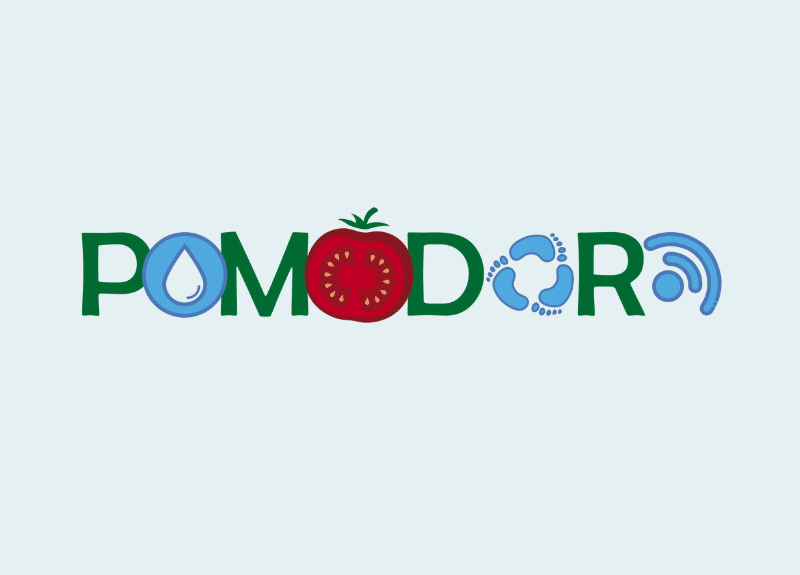
The increase in population means a greater demand for food, a scenario that could be an advantage for agricultural producers, but, nevertheless, the reality is that, in many cases, it leads to a weakening of their incomes. This is due to the difficulties in completing harvests due to the global climatic upheaval that implies: scarcity of resources, essentially water; a high risk of losses; and limited bargaining power in the value chain. As a result, farmers are faced with unattractive farm incomes, the rate of entrepreneurship by new and young producers is very low, and there is abandonment of farming and farmland.
Against this background, innovations in irrigation systems, improvements in management techniques and changes in conventional farming practices, coupled with reliable data-driven systems for production optimisation, are the only alternatives to adapt agricultural production to climatic conditions, enabling the resilience of the agricultural sector, improving food security and increasing the competitiveness of producers and their position in the value chain.
The POMODORO project innovates in industrial tomato production techniques from different financially favourable perspectives and is committed to guaranteeing the transfer of the results to the sector, promoting a more resilient and empowered agricultural sector, intensifying care for the environment and strengthening the socio-economic fabric.
POMODORO (REGAGE23e00065182789) is developed within the framework of the Spanish CAP Strategic Plan 2023-2027. The budget of the action is 599,540.63 € and is financed 80% by the European Agricultural Fund for Rural Development (EAFRD) and 20% by the Ministry of Agriculture, Fisheries and Food (MAPA).
Together with AZUD, they participate in the POMODORO project:
